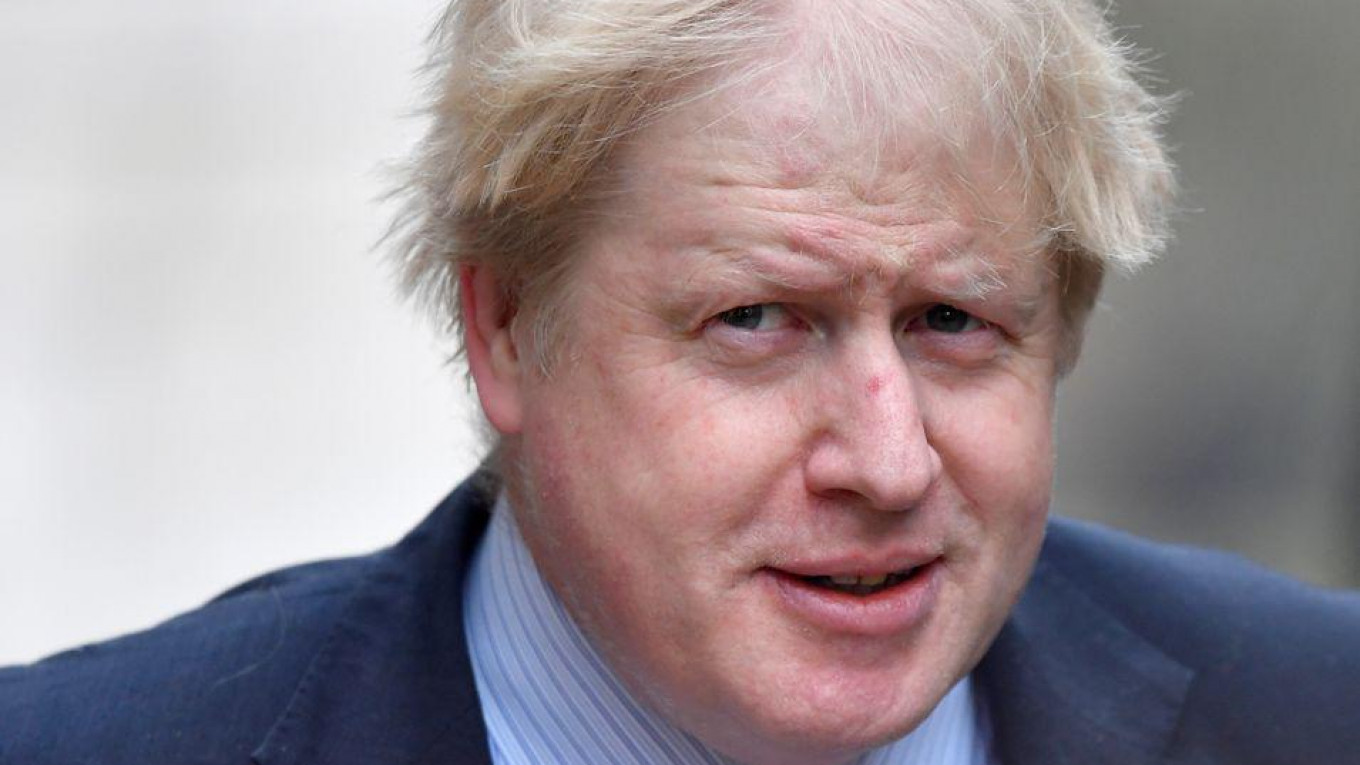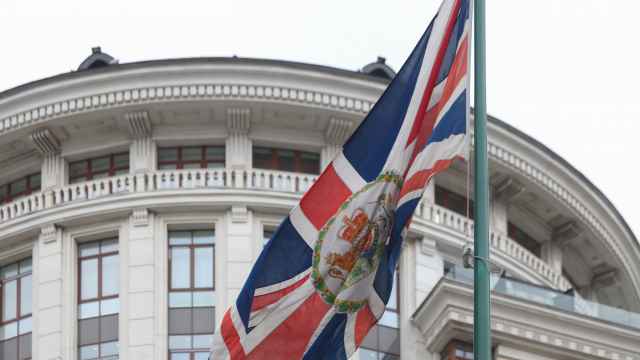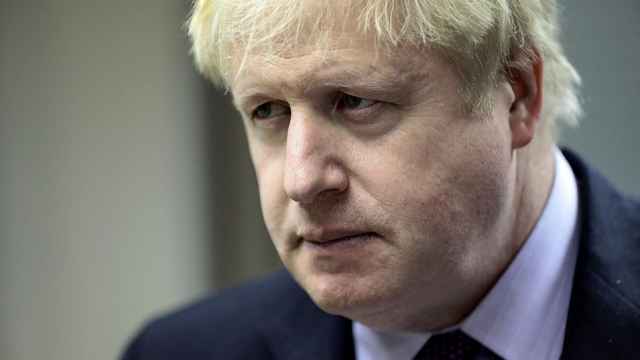British Foreign Secretary Boris Johnson said on Sunday that Russia has been stockpiling the deadly nerve agent used to poison a Russian former double agent in England and has been investigating how such weapons can be used in assassinations.
Britain has said Russia used the Soviet-era nerve agent called Novichok to attack Sergei Skripal and his daughter Yulia in the first known offensive use of such a weapon on European soil since World War Two. Russia has denied any involvement.
"We actually have evidence within the last 10 years that Russia has not only been investigating the delivery of nerve agents for the purposes of assassination, but has also been creating and stockpiling Novichok," Johnson told the BBC.
Britain and Russia have each expelled 23 diplomats over the attack as relations between the two countries crash to a post-Cold War low.
Officials from the world's chemical weapons watchdog will arrive in Britain on Monday to investigate the samples used in the attack and the results should be known in about two weeks, Britain's foreign ministry said.
Russia's ambassador to the European Union Vladimir Chizhov told the BBC that a British research laboratory could be the source of the nerve agent used in the attack.
A Message from The Moscow Times:
Dear readers,
We are facing unprecedented challenges. Russia's Prosecutor General's Office has designated The Moscow Times as an "undesirable" organization, criminalizing our work and putting our staff at risk of prosecution. This follows our earlier unjust labeling as a "foreign agent."
These actions are direct attempts to silence independent journalism in Russia. The authorities claim our work "discredits the decisions of the Russian leadership." We see things differently: we strive to provide accurate, unbiased reporting on Russia.
We, the journalists of The Moscow Times, refuse to be silenced. But to continue our work, we need your help.
Your support, no matter how small, makes a world of difference. If you can, please support us monthly starting from just $2. It's quick to set up, and every contribution makes a significant impact.
By supporting The Moscow Times, you're defending open, independent journalism in the face of repression. Thank you for standing with us.
Remind me later.






